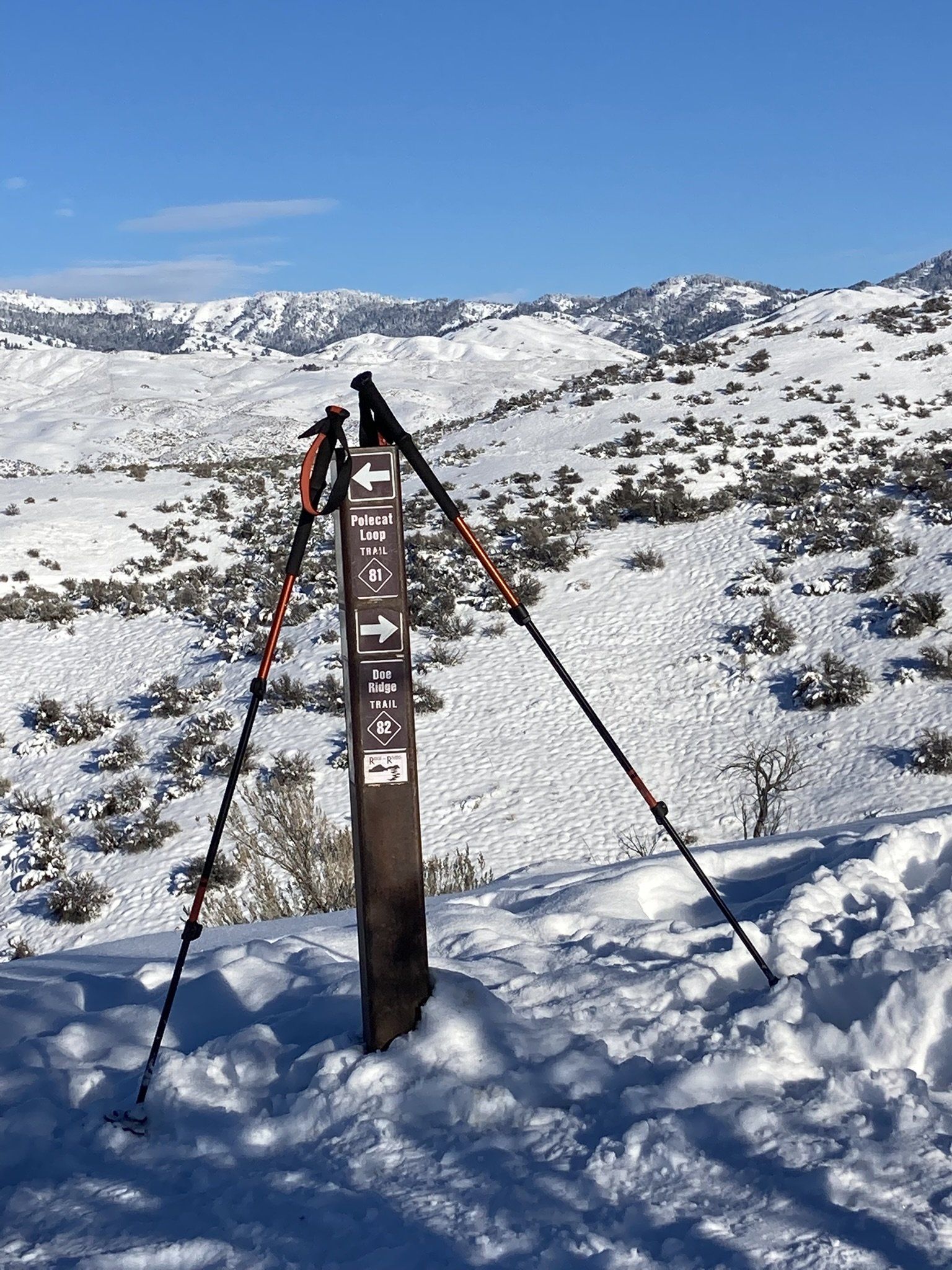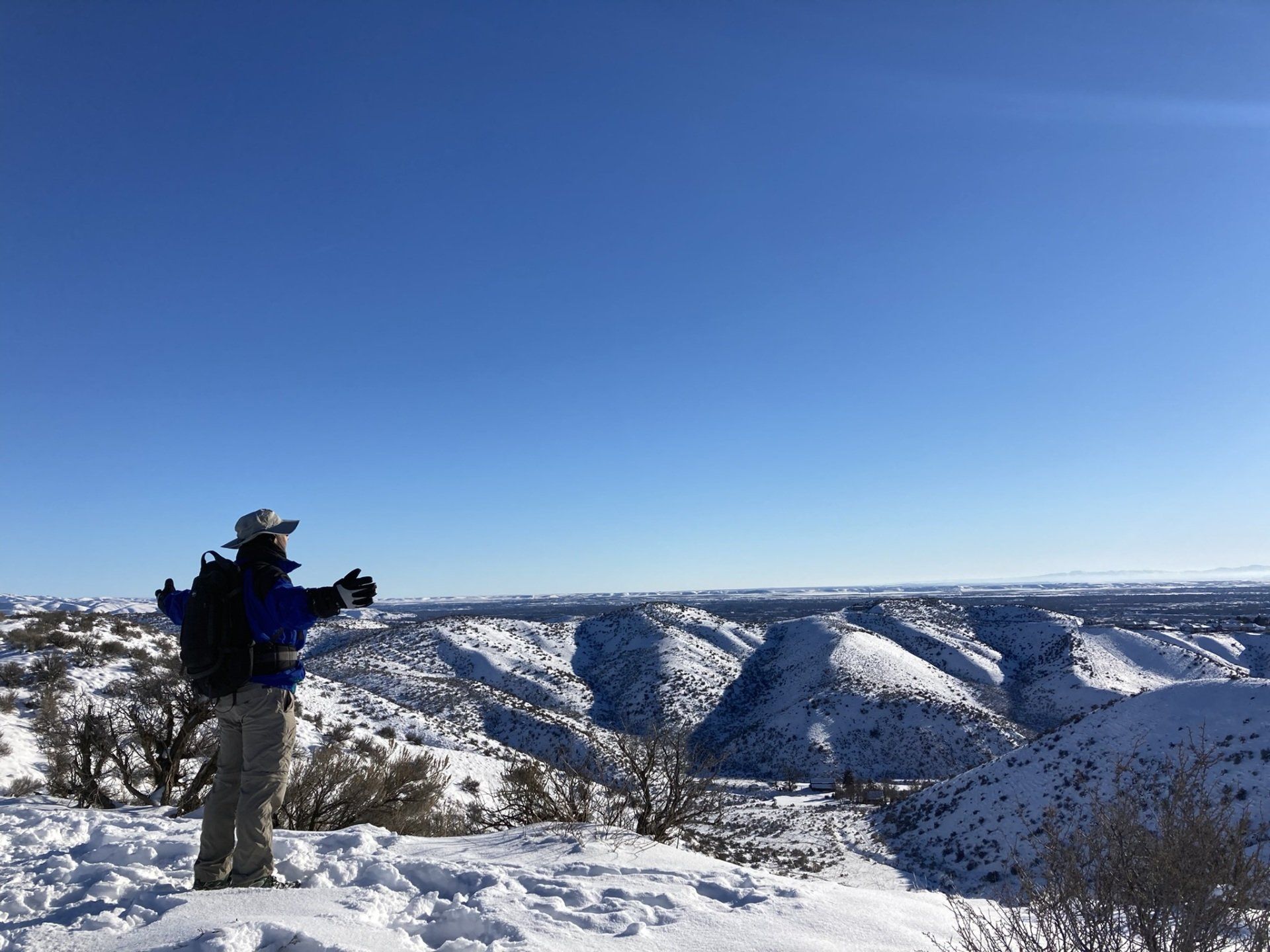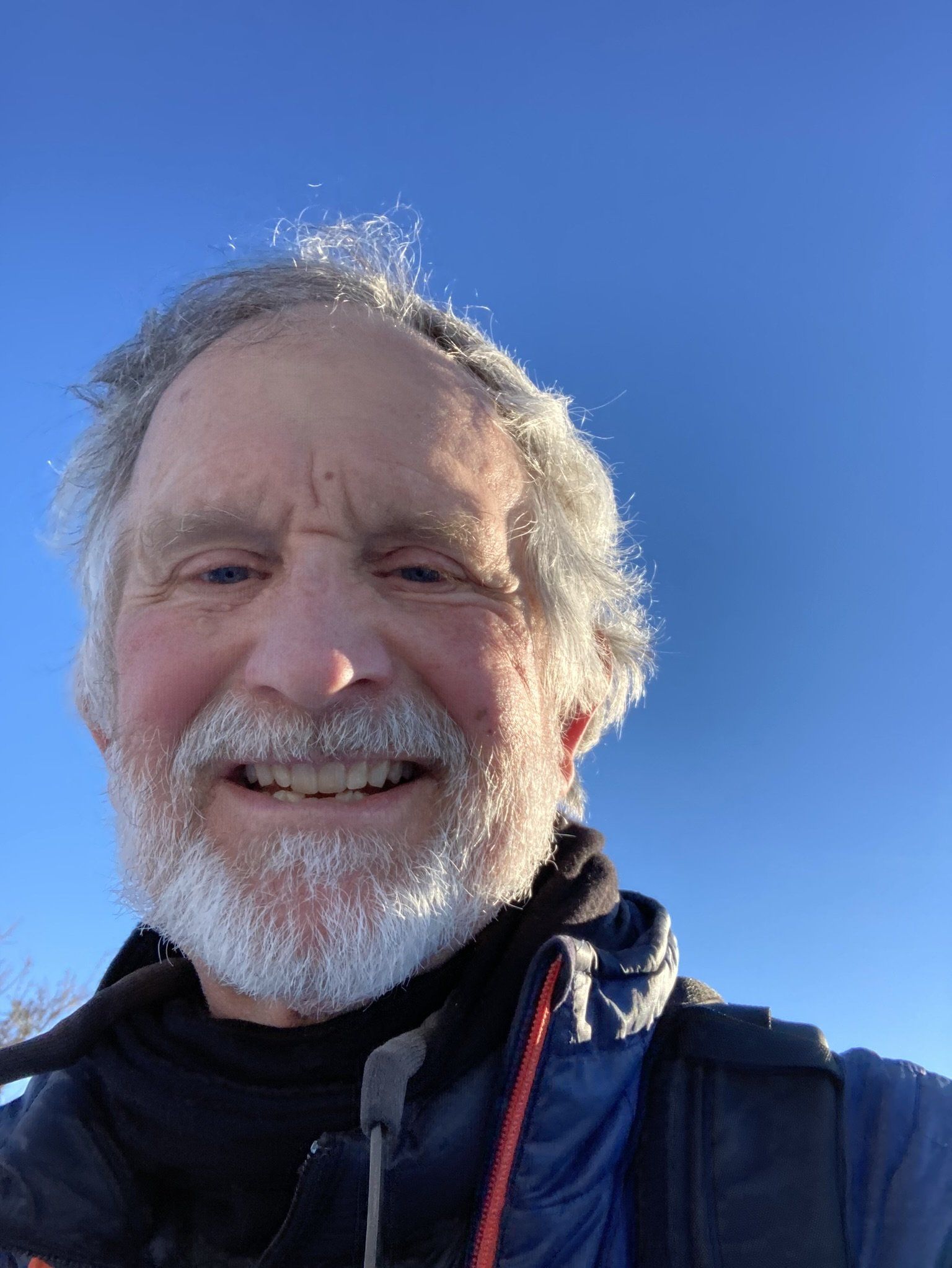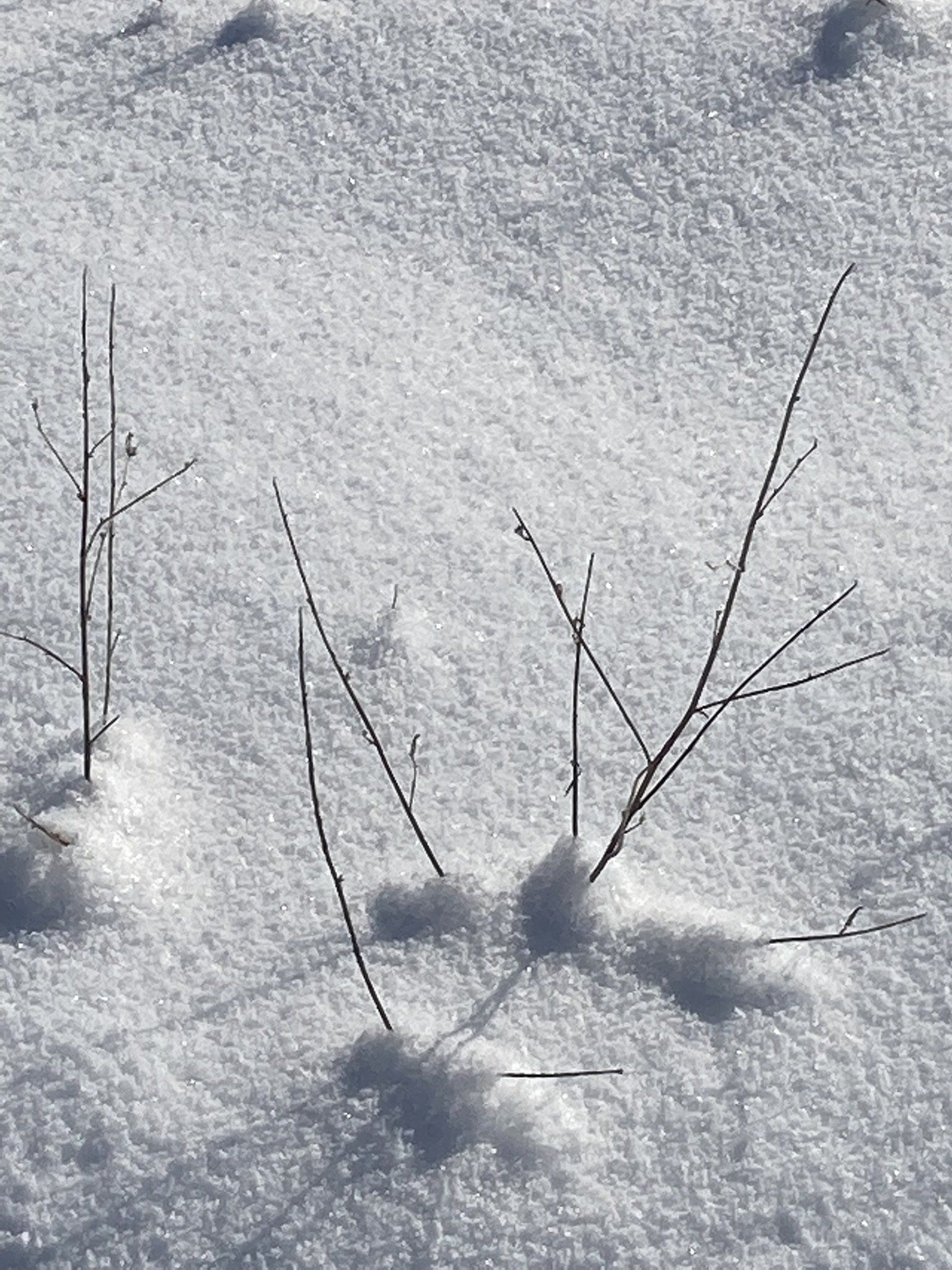Exploring The Life Well-Lived
How Shall We Form Our Lifetime?

January 1, 2022
January 2, 2022
Re: “How To Live” or “A Life of Montaigne: In One Question and Twenty Attempts At An Answer”, by Sarah Bakewell
Montaigne wrote 107 essays about his views of life. These, the first of their kind, the form of which had to be “invented” by Montaigne, per Bakewell, were “writing about oneself to create a mirror in which other people recognize their own humanity…”. Montaigne called these “essai’s”, which translate to “tests” or “trials” (see “Why Profound Living Essays”). The essays he wrote are “one of the most captivating and intimate self-portraits ever given, on a par with Augustine’s and Rousseau’s” (Sankovitch, 2021).
As I dive into 2022, the question “How to Live?”, and the response to that question as I actually live my life and observe the well-lived life in others, will be an ongoing theme of the year. To live, rather than to merely exist, to fully experience rather than to merely be, seems the ticket to deep joy. Through strife, life. Through vulnerability, venerability. Through superficiality and distraction, depth and attention. And more attention, and more depth.
And I will be asking others to respond to the question "How to Live" as well.
I memorized the quotation below, written by Jack London, many years ago. At the time, I thought it an inspiring, energizing, risk-inducing, flaming call to arms. Today, with a lifetime of experience under my belt, my view of London’s call to be wild has not changed, except that, looking at it through the long lens of decades, I believe that it’s not the flash of meteor nor the blaze of brilliance that is most important, but that the most valuable is the nurturing of an inner light, not intended to draw attention to itself, that fuels the long journey.
It is the crucible of our pilgrimage – the molding and forming, the continual breaking down of what is not important and intentional reforging of ourselves into what is most important - to truly live - where lies the genuine opportunity for a life well-lived. Not just a morning well-lived, or a year well-lived, or the firecracker of a second well-lived, but a life well-lived.
How to live well the long span of life? Well, as philosophers and spiritual guides much more profound than I have said, that...that......that means being fully present and fully experiencing the present moment, every moment.
It is a paradox, n’est-ce pas? Living in the present moment, with the intention of making the most of it, but at the same time constructing a rich, generative, rewarding, lifetime. Indulgence or sacrifice? Self-serving or generations-serving? How can one do both? This is worth thinking about, worth exploring.
To start, however, I shan’t forget London, and his cry to live rather than to simply exist, for therein lies the most basic truth. And the most basic question. What would I, and you, "rather be"? How shall we "use our time"?
“I would rather be ashes than dust! I would rather that my spark should burn out in a brilliant blaze than it should be stifled by dry-rot. I would rather be a superb meteor, every atom of me in magnificent glow, than a sleepy and permanent planet. The function of man is to live, not to exist. I shall not waste my days trying to prolong them. I shall use my time.”
~Jack London
Sources and Resources
Bakewell, S. (2010). How to live--or--a life of Montaigne: in one question and twenty attempts at an answer (Other Press ed.). Other Press.
de Michel Eyquem Montaigne, S., & Frame, D. M. (1958). The Complete Essays of Montaigne. Stanford University Press. https://books.google.com/books?id=GpHgDwAAQBAJ
Sankovitch, Tilde A.. "Michel de Montaigne". Encyclopedia Britannica, 19 Sep. 2021, https://www.britannica.com/biography/Michel-de-Montaigne. Accessed 1 January 2022.
London quotation downloaded from Bartleby.com, https://www.bartleby.com/73/1118.html, Accessed 2, January 2022), with this background. “JACK LONDON, Jack London’s Tales of Adventure, ed. Irving Shepard, Introduction, p. vii (1956). This is generally known as London’s Credo. He is known to have said these words, just two months before his death, to a group of friends with whom he was discussing life and living.—The Bulletin, San Francisco, California, December 2, 1916, part 2, p. 1.”
January 1, 2022 Hiking Polecat Loop
Well....I planned to finish this short essay on 1-1-22, but instead took a hike with my buddy Vincent Fortunato. Now, that was a pretty terrific present moment!














